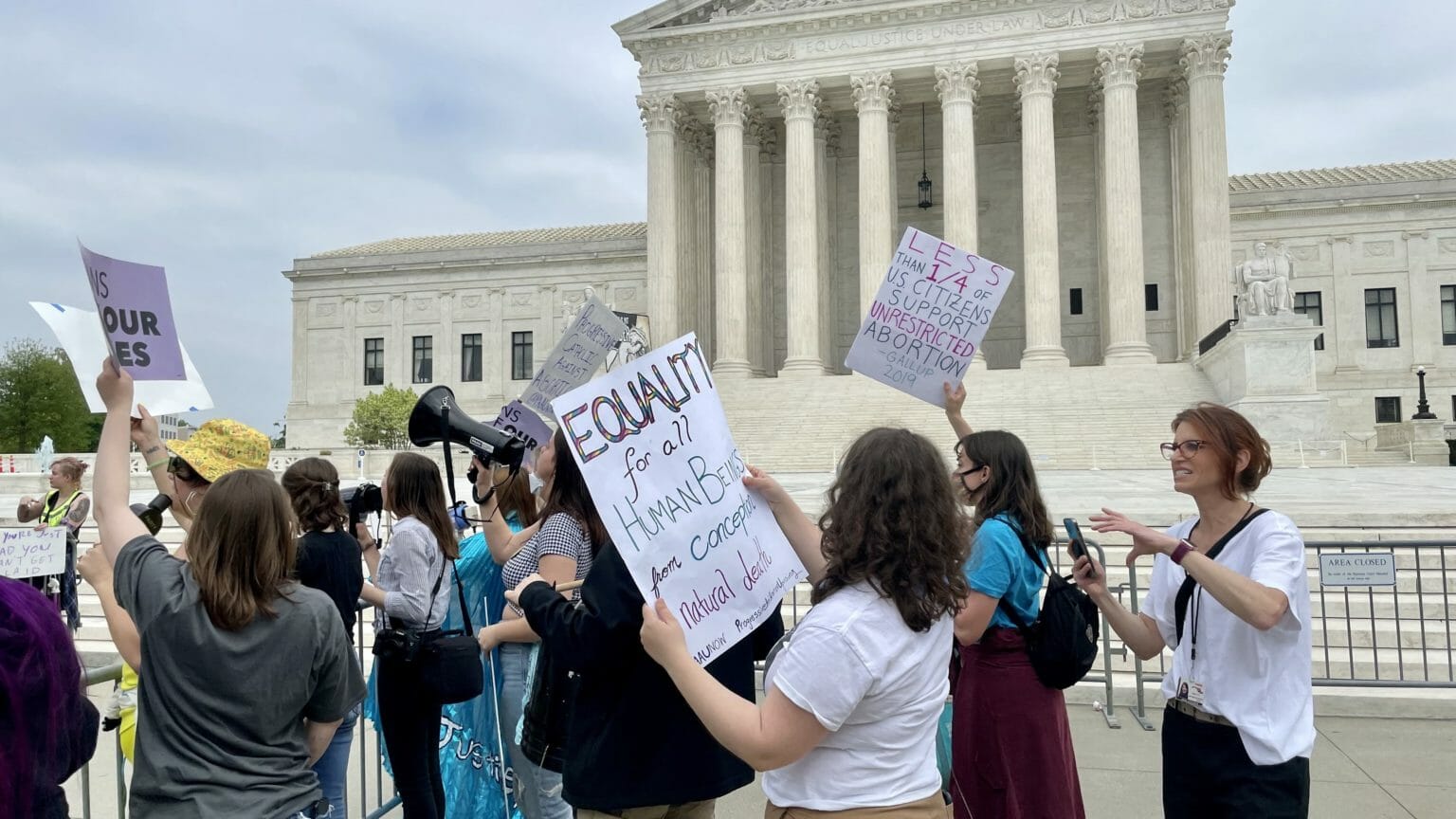As the dust settled after the last frantic 24 hours of the legislative session that concluded early Thursday, some lawmakers wondered if their final votes could lead to a constitutional challenge.
Driven by a looming deadline and a pileup of bills over the past two years, lawmakers passed more than 40 measures in the final hours of the session. Five of them passed the House after midnight in the early hours of Thursday morning, despite a constitutional requirement that the Legislature conclude its work at the end of the 121st day of the session, which was Wednesday.
The Senate adjourned its session shortly before midnight on Wednesday, but the House adjourned after 1 a.m. on Thursday, not before voting on several measures.
At 12:01 a.m., the House voted on House bill 29, prohibiting insurance companies from discriminating against elected officials.
At 12:03 a.m., members passed House Bill 189, allowing employees to begin serving alcohol at 18, instead of 21.
At 12:08 a.m., they passed House Bill 122, allowing the Alaska Railroad Corp. to replace its terminal facility in Seward.
At 12:12 a.m. they passed House Bill 203, allowing private employers to use an electronic payroll system.
At 12:14 a.m., they voted on House Bill 19, related to commercial boat registration.
When House minority members then proceeded to bring a controversial election bill to a vote, several House Republicans — who had voted for some of the other post-midnight bills — said that lawmakers were violating the state constitution and were required to adjourn, or else risk a legal challenge to the legislation they adopt.
Shortly after 1 a.m., Rep. Kevin McCabe, a Big Lake Republican who sponsored House Bill 29, called the past-midnight legislating “among the most disrespectful and terrible things I have ever seen done to our constitution and to the state of Alaska residents.”
[A look at some of the bills that failed to pass the Alaska Legislature this year]
In the Senate, President Gary Stevens, R-Kodiak, and Majority Leader Cathy Giessel, R-Anchorage, both said that based on past experience, legislation passed after midnight would be upheld.
“The courts do not overturn the Legislature if we go over,” said Stevens, who has served in the Legislature for over 20 years.
But Senate Rules Chair Bill Wielechowski, D-Anchorage, an attorney who has served in the Legislature for over a decade, said Friday that “it’s going to be close.”
“I think there’s a pretty fair chance that anything passed after midnight is unconstitutional,” he said, adding that “the whole world could see it was after midnight.”
Wielechowski said the Alaska Department of Law will review the legislation “and make the call on it.”
Asked Friday, Department of Law spokesperson Patty Sullivan said the department is “reviewing all legislation that was passed by the Legislature and that will be presented to the governor for consideration.”
“Any legal issues we identify during that process will be provided to our client — the governor,” said Sullivan.
If Gov. Mike Dunleavy allowed the bills to become law, they could remain in effect “until somebody challenges it,” Wielechowski said. Dunleavy could also decide to veto the legislation.
:quality(70)/cloudfront-us-east-1.images.arcpublishing.com/adn/62NXCIXLDBF6BCAVFEM2M2TZPE.png)
Typically, to challenge statutes in court, plaintiffs must have been harmed by the legal violation. Wielechowski said that in this case, “arguably anybody in the state would have standing, because you’re alleging a violation of the constitution, and arguably, the whole state is impacted.”
“The constitution is pretty clear — but I don’t know — a court could find some creative way of extending it,” said Wielechowski.
A 1989 Alaska Supreme Court case related to legislators’ decision to blow past a midnight deadline resulted in a finding that the 120-day session deadline translated into a 121-day session, because the first day was of the session was not included in the count.
The single-subject rule
The Legislature adopted more than 40 bills in the last days of the session, but that number isn’t a true reflection of the number of policy proposals adopted by lawmakers — or the crush of work they handled in the final day of the session.
“When you factor the bill and ideas that were put into other bills, then it’s a substantially higher number probably — probably at least twice that,” said Wielechowski.
The end of the session was replete with what is commonly referred to as “bill stuffing” — the practice of amending one bill to include an additional bill inside it.
A bill to revamp Alaska’s workers’ compensation program was amended to include within it a 10-year extension of a senior benefits program that provides a small monthly stipend to around 9,000 low-income elderly Alaskans.
A measure meant to make it easier for out-of-state and retired teachers to work in Alaska schools was amended to include a $5,000 bonus for every teacher who has earned a national board certification.
A bill relating to the Alaska Housing Finance Corporation’s mortgage loans was amended to include within it a so-called “green bank” to offer loans for renewable energy projects.
A bill expanding Medicaid payment eligibility was amended to include within it a change to the method for determining eligibility for Alaska’s Supplemental Nutrition Assistance Program.
:quality(70)/cloudfront-us-east-1.images.arcpublishing.com/adn/YWYIVZ4CW23N6LAWK2EHTYVJHQ.jpg)
A bill extending boards and commissions was amended to include within it a measure to offer child care tax credits, and another meant to limit the number of hunting guides in some parts of the state.
“There’s probably 20 bills here on the floor tonight that have multiple bills packed into bills — small and large — and I don’t think it’s a cause for concern,” Sen. Scott Kawasaki, a Fairbanks Democrat, said on Wednesday, speaking about a bill regulating students’ hunting and fishing licenses that was amended to include a provision related to pet ownership. That bill ultimately failed to pass.
Under the state constitution, bills must be confined “to one subject.” But most lawmakers took in stride the efforts to stack some bills into others in the final hours of the session.
Wielechowski said the single subject rule is one of the most “hotly contested, under the radar” issues lawmakers face near the end of the session.
Nonpartisan legislative attorneys have given lawmakers guidance that the rule is “generally pretty broadly interpreted,” Wielechowski said.
But a memo from legislative attorneys prepared earlier this month warned that a bill extending the big game commercial services board, the board of massage therapists, the marijuana control board and the Alaska Commission on Aging, “may violate the constitutional provision that limits bills to one subject.”
“I cannot identify a single subject that would unite all these subjects in a way that would likely withstand a challenge,” wrote attorney Allison Radford in the memo, which was requested by House Rules Chair Craig Johnson, R-Anchorage.
“Failure to comply with the single subject requirement could jeopardize the entire underlying bill, if the bill is challenged,” Radford added.
Johnson was responsible for the change that placed several board and commission extensions in a single measure, Senate Bill 189. He did not respond Friday to an interview request.
:quality(70)/cloudfront-us-east-1.images.arcpublishing.com/adn/V5MN22AHWBG6ROM47YARIV4CLE.JPG)
Rep. Zack Fields, an Anchorage Democrat who sits on the Rules Committee, said he was not concerned about the legal opinion.
“To be honest, I didn’t care because I don’t think that extending boards and commissions hurts anyone, and therefore, no one would litigate,” Fields said on Friday.
Fields on Wednesday proposed an amendment to Senate Bill 189 to include inside it a child care tax credit proposal authored by Rep. Julie Coulombe, R-Anchorage. Fields said the child care tax credit could fit into the bill because, like some of the commissions it extends, child care relates to the broad subject of “health.”
:quality(70)/cloudfront-us-east-1.images.arcpublishing.com/adn/LH6RYLO37JFXHODTV4JKSJWCG4.jpg)
“Frankly, I don’t think anyone is going to litigate about child care. Who is harmed by that? Literally no one,” said Fields.
Wielechowski said Alaska courts in the past have taken a “pretty expansive definition of what the single subject is.”
Fields said many bills adopted by lawmakers cause legislative attorneys to point out potential questions related to the single subject rule, “and no one cares because they shouldn’t.”
“I don’t think single-subject is actually an issue that matters,” said Fields.
• • •





:quality(70)/cloudfront-us-east-1.images.arcpublishing.com/adn/2GWZCU6K5FEBLL5CQ6BIYCSQBM.jpg)

:quality(70)/cloudfront-us-east-1.images.arcpublishing.com/adn/5BVPQDP3BNCD5CBOOCBDNH6Q5I.jpg)
:quality(70)/cloudfront-us-east-1.images.arcpublishing.com/adn/BNOLFEGOH5CAHGIORL7URBI5SU.JPG)























